
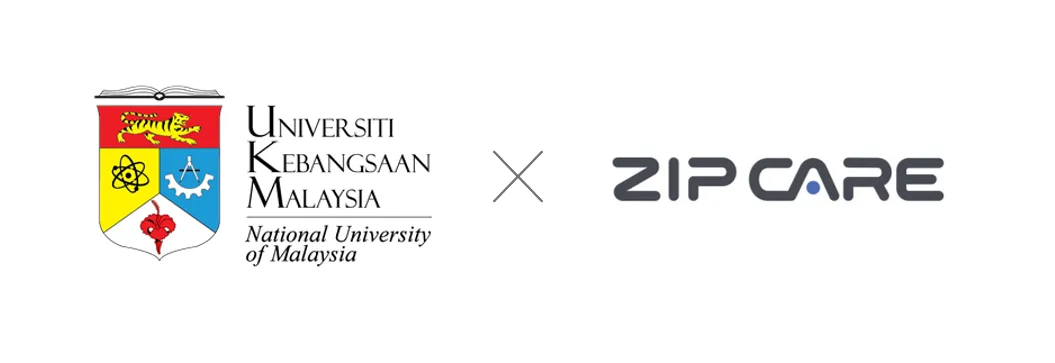
Exploring the Future of Elderly Care in ASEAN with ZIPCARE and UKM
Exploring the Future of Elderly Care in ASEAN with ZIPCARE and UKM
Recently, ZIPCARE Inc., headquartered in Kanda, Chiyoda, has embarked on a collaborative research initiative in partnership with Universiti Kebangsaan Malaysia (UKM) and the UKM spinoff, IDNA IDEAS Sdn. Bhd. This project aims to leverage the non-wearable sensing device MAMORUNO for health monitoring of the elderly, combined with advanced AI analytics. The primary phase of this endeavor kicks off at the Selcare Sakinah care facility in Selangor, run by Selgate Corporation Sdn Bhd, marking a pivotal step towards establishing a “next-generation elderly care model” in Malaysia.
The Context: Aging Population in Malaysia
Malaysia stands on the brink of a demographic shift, with projections indicating that by 2030, over 15% of its population will be aged 65 and above. This rapid aging poses significant challenges, as the country lacks a public long-term care insurance system similar to Japan's. Instead, Malaysia heavily relies on family caregiving, private facility operations, and currently faces a shortage of skilled caregivers. This gap highlights an urgent need for innovative approaches in the caregiving sector.
While the country grapples with these challenges, there’s a growing demand for a data-driven approach to care, akin to the “scientific caregiving” practices that Japan has developed over the years. This new paradigm emphasizes understanding individuals' health statuses, predicting risks, and enhancing care quality through solid data analysis.
Project Overview and Goals
The collaborative research will utilize MAMORUNO to collect and analyze various health data such as:
- - Sleep patterns
- - Breathing rate
- - Heart rate
- - Body temperature
- - Motion detection to assess standing and walking activities
These data points will be mapped according to Japan's caregiving classification, facilitating the creation of unique care standards tailored specifically for the Malaysian context. Additionally, the project aims to validate the effectiveness of the sensors in alleviating caregiving burdens and minimizing accident risks with the cooperation of local caregivers and medical professionals.
Milestones and Future Developments
As the project unfolds, there will be multiple phases, with an emphasis on academic knowledge and business development through collaboration with IDNA IDEAS:
- - PoC Preparation: Research design and partnerships establishment (January 2025)
- - PoC Implementation: Deployment of ten devices at Selcare Sakinah, commencing monitoring (July 2025)
- - Data Analysis and Reporting: Comparative analysis of data between Japan and Malaysia (August 2025)
- - Full Partnership: Transitioning into a joint research and business development phase (December 2025)
The Product: MAMORUNO
MAMORUNO is designed to monitor health conditions continuously, tracking heart rate, breathing patterns, body movements, and sleep durations around the clock. This technology not only aids in-home care for the elderly but also aims to reduce anxiety for both the individual and their families. Furthermore, it supports monitoring the environmental conditions of living spaces, including temperature, humidity, air pressure, and light, thus helping to maintain a comfortable living environment.
Expert Opinions
Dr. Nazrul Anuar Nayan from the UKM Faculty of Engineering and Built Environment emphasizes, “This research could catalyze the growth of Malaysia's ‘silver economy,’ promoting technology and services tailored for the elderly. Innovations in smart home solutions, telemedicine, and specialized healthcare facilities will undoubtedly enhance the quality of life for seniors while opening new markets and job opportunities within the healthcare and technology sectors.”
ZIPCARE’s CEO, Soji Sakamoto, notes that Japan is already transitioning towards visualizing caregiving within society. Emphasizing the dignity of individuals, he asserts that sharing caregiving skills and knowledge cultivated in Japan with rapidly aging Asian nations is critical for their mission. He expresses confidence that this initiative will significantly elevate the standard of elderly care in Malaysia and contribute to establishing a sustainable welfare society across the ASEAN region.
For more information:
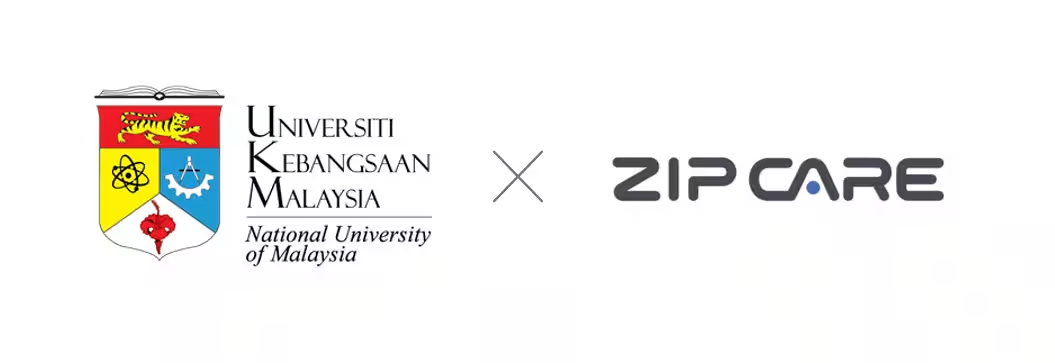
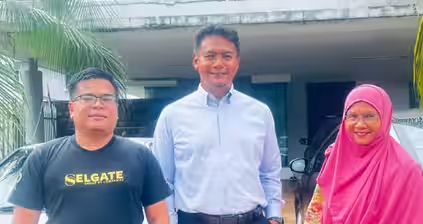
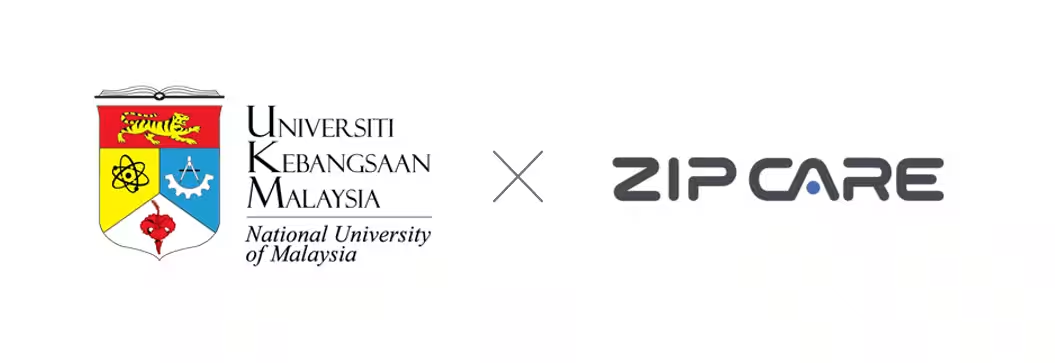
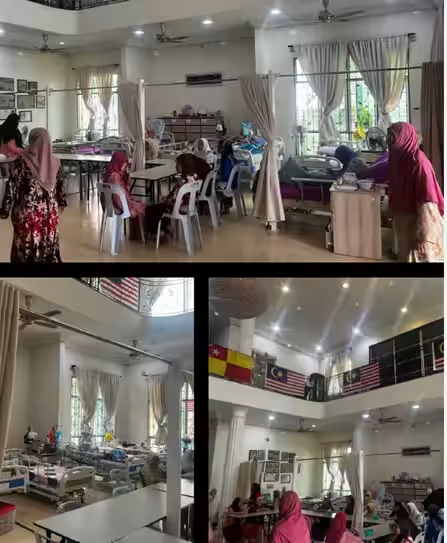
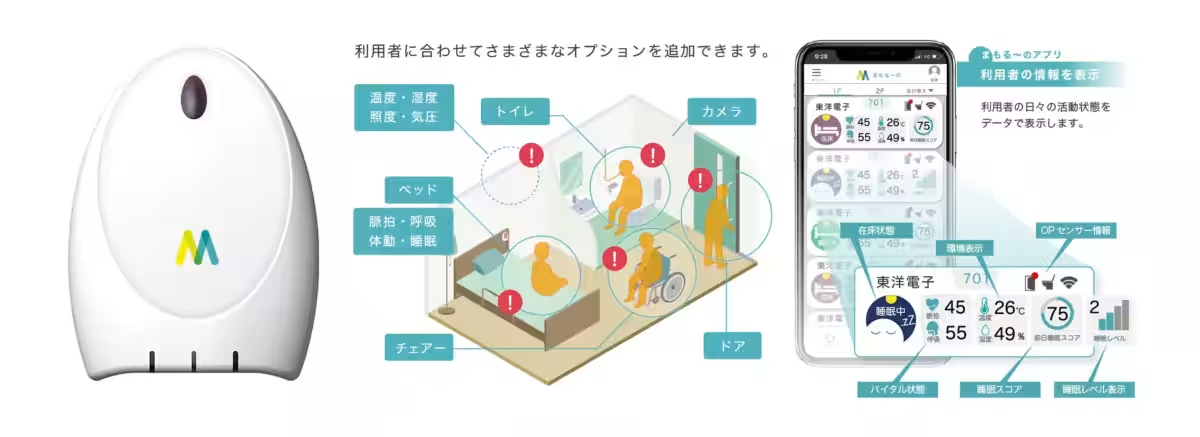
Topics Health)










【About Using Articles】
You can freely use the title and article content by linking to the page where the article is posted.
※ Images cannot be used.
【About Links】
Links are free to use.